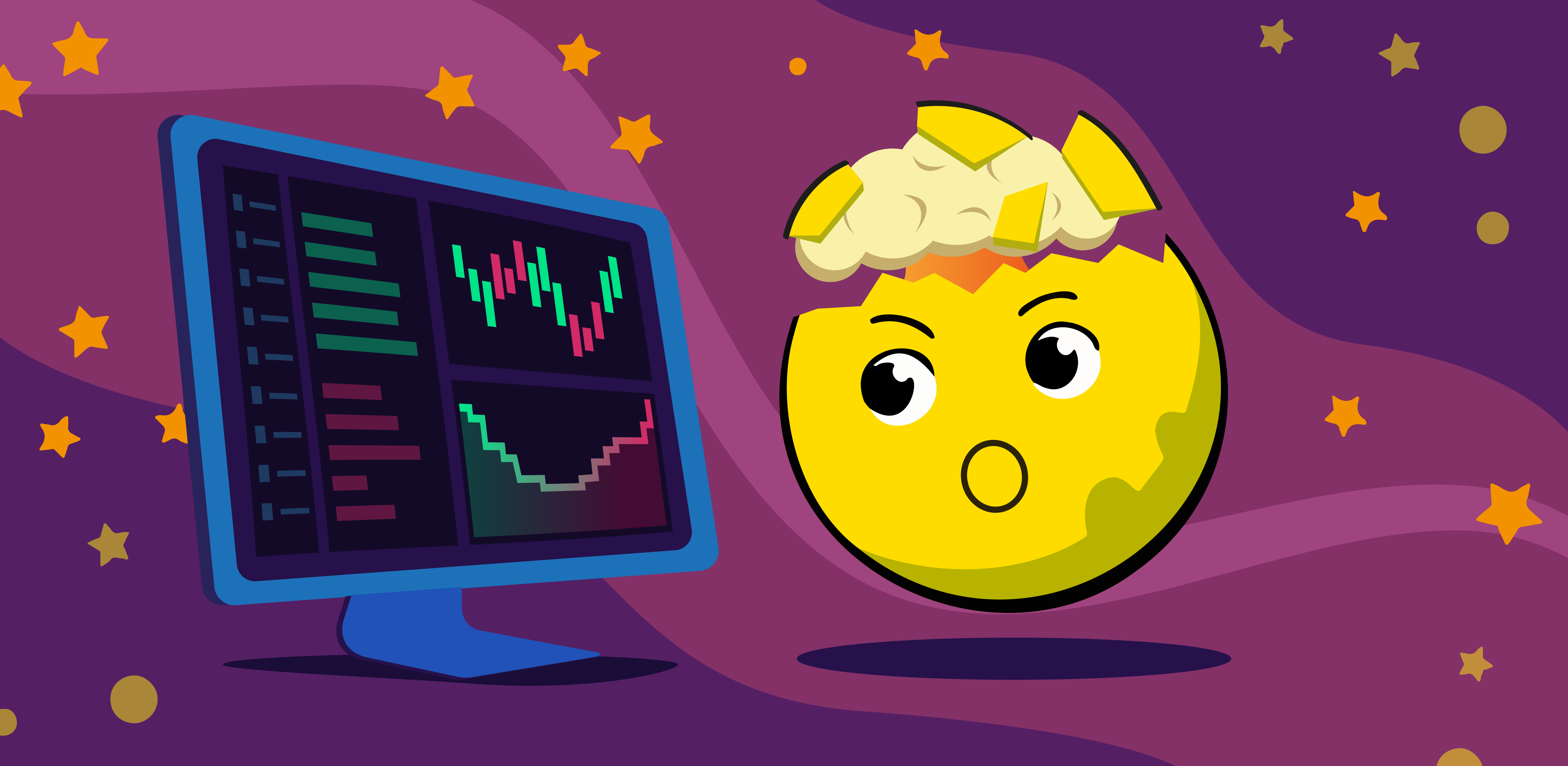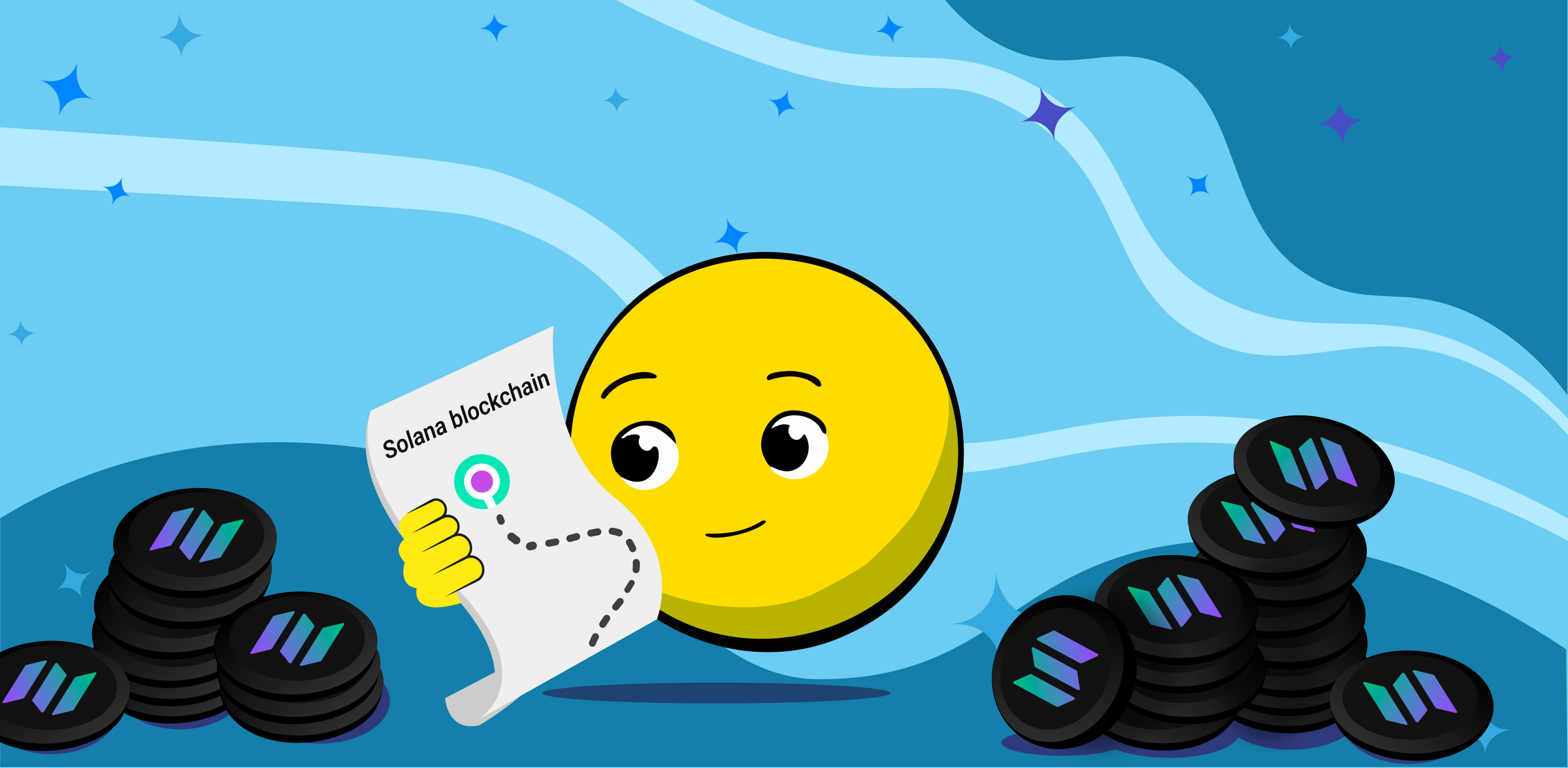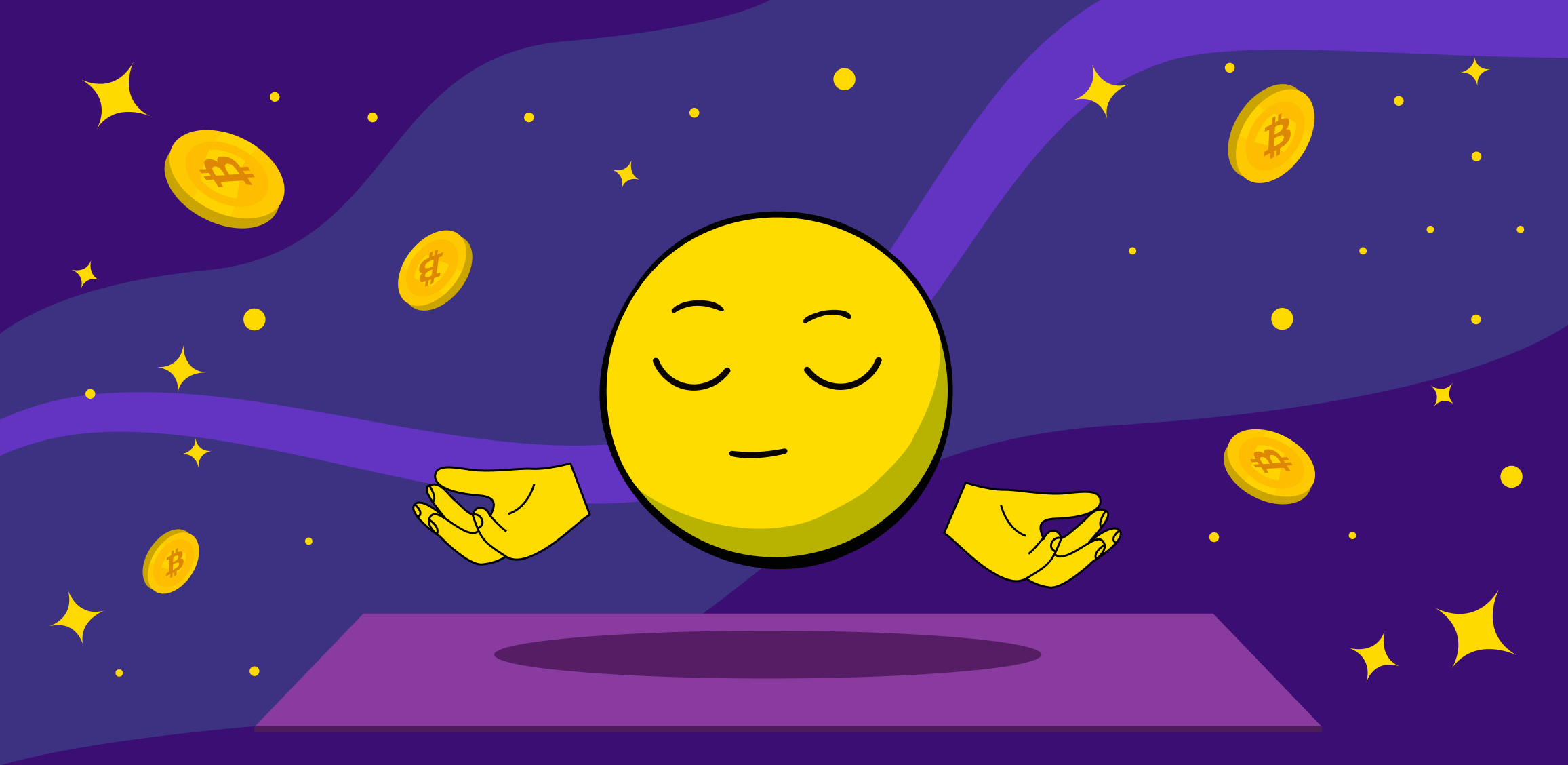
Understanding emotions is one of the components of success not only in trading crypto but also in life. And the problem is that many people know about the negative aspects of excessive emotionality, but continue shooting themselves in the foot. The mistake is that in a calm state, a person underestimates the harm that uncontrolled emotions can do. He does not notice the signs of getting out of the state of psychological balance. And when an emotional breakdown occurs, then it’s already time to eliminate the consequences.
What Is Tilt?
Tilt is a human condition in which a person is susceptible to emotions and takes rash actions. The term is often used in gaming practice. For example, in poker, a person in a state of tilt experiences disappointment and dissatisfaction with the situation, begins to choose suboptimal strategies, and loses, which ultimately leads to aggressive behavior. Tilt in the game is a state of anger caused by failure or a series of defeats.
Emotions characteristic of a person in tilt:
- Aggression and dissatisfaction. Unwillingness to accept the outcome of the event, a sense of injustice of what is happening.
- Anger, rage. Mostly about others, and not themselves.
- A desire for revenge. Sometimes the desire to use physical violence towards both a person and an inanimate subject.
- Despair. Apathy.
Tilt in trading crypto is a condition in which a person is in an excited emotional state and cannot or does not want to control his actions, completely being in the grip of emotions.
There are two causes for tilt in trading:
- Negative emotions. Irritation, anger caused by failure, loss, etc. Instead of analyzing the situation, a person fixates on emotions and begins to make even more mistakes.
- Positive emotions. The euphoria is caused by a quick achievement of the result, a successful deal, etc. Under the influence of emotions, the trader overestimates his strength, relaxes, and takes a greater risk, hoping that he will be lucky again.
There are also hidden and obvious tilts. The obvious manifests itself instantly: the transaction closed at a loss, an in its footsteps, an emotional reaction immediately arrived. Hidden tilt: every day the efficiency of trade is worse and worse, and depression comes slowly but surely.
Susceptibility to tilt depends on the type of the person’s nervous system and mental state. Phlegmatics and sanguines are the least susceptible. They perceive everything that happens with indifference or a smile. Cholerics and melancholics are most susceptible to tilt.
The former reacts aggressively, the latter engages in self-healing. The degree of emotional perception is also different for everyone. Someone will return to normal within a few minutes, and another person in a state of affect will be breaking plates for an hour.
Why Does Tilt Occur in Trading?
Causes of tilt:
- Psychological causes. Related to the internal, emotional state of the trader, his character. For example, a tendency to experiment or gamble, a splash of emotions, fatigue, self-doubt, etc.
- Market causes. Do not depend on the character and the state of the nervous system of the trader. Trading situations that "do not go according to plan" and knock the trader out of track.
Consider them in more detail.
Treating Trading as a Gamble
A person treats trading as a game:
- Not analyzing the situation, takes rash action.
- Relies on luck.
- Does not use technical and fundamental analysis. Relies on someone else's opinion.
- Does not have a clear plan of action. Does not use risk management rules.
In other words, it is guided by emotion, not reason. This situation falls under the definition of tilt and its consequence is loss and negative emotions.
On the other hand, such a perception of trading is not always bad — the question lies in the trader's purpose. If a person has the goal of enjoying the game process itself, regardless of its result, then treating trading as a game is permissible. The main thing is that emotions stay positive. But you can forget about earnings in this case.
Fear of Losing a Deposit
Uncertainty and, as a result, fear of loss. Closed circle: there are all the prerequisites for opening a deal, but an internal voice says: "What if I make a mistake?" The signal remains unrealized, the price goes towards the forecast, and the trader begins to torment his conscience for an unrealized chance.
Desire to Compensate for Lost Profits
Or compensate for the loss. The desire to achieve the goal at any cost leads to the fact that a person begins to perform rash actions on emotions. And rash actions are like opening deals, guided by the theory of probability. Lucky or not — 50/50.
Poor Psychological State Caused by External Factors
Often, along with tilt, there is another negative condition — FOMO, loss of profit syndrome. It is common for a person to compare himself with others. And as a result of the comparison, there is an illusion that others are doing better — they are more successful, they have better results, greater income, etc. And instead of concentrating directly on trading, a person begins to engage in self-analysis. He begins to doubt the correctness of his actions (because others are doing better!), which reduces his self-esteem, and internal uncertainty appears.
Poor Physical Health
Feeling distracted: the problem of concentration can be the result of lack of sleep, or illness. A person begins to make mistakes due to inattention, which leads to a loss of money and time. The consequence is negative emotions.
And there are several other reasons for tilt in trading crypto as well:
- Market injustice. Crypto whales sometimes manipulate the market as they need it. But the trader is the one who takes losses from this. When the obvious trend suddenly unfolds and turns on its head, there is an insurmountable desire to launch something into the monitor.
- Unwillingness or inability to lose. Defeat is common not only in trading. But the question is how to perceive it. Someone will work on mistakes, and someone will be overwhelmed by emotions.
- Error. And the more stupid it is, the more offensive it is to realize. The most offensive mistake is a mistake by inattention. In second place is the refusal to open a deal at a signal that could be accurate. The easiest way to move on is to accept a mistake and try not to think about it. But this is easy only in words.
- Despair. "Yes, let it all burn" — a censored version of this emotional state of tilt. It is preceded by unfulfilled goals, unrealized opportunities, and loss. At some point, the trader gives up, ceases to think (because, in his opinion, it is still irrelevant), begins to make spontaneous decisions, completely loses all the money, and decides not to return to trading.
- All these reasons ultimately lead to the fact that a person makes decisions under the influence of emotions. Most often negative. But in trading, the cold sober calculation is important.
Tilt is Dangerous! What Should the Trader Be Afraid Of?
The more logic and sequential actions in trade, the more effective it is. But a person cannot live completely without emotions: interest in trading, and joy from achieving the goal are also emotions. The question is what is the degree of emotionality and where is the critical level after which tilt begins — decision-making under the influence of emotions?
Statistics show that traders aged 20 to 30 years and over 50 are the most emotional. This is due to the fact that the middle generation, thanks to experience, is cooler and knows how to manage their emotions. Young people still have "growing pains," and the older generation loses its grip.
The effects of tilt, like the causes, can be divided into two groups.
Market Effects
- Making easily avoidable errors: early or late opening of transactions, incorrectly calculated resistance/support levels, errors in calculating foot lengths, ignoring fundamental analysis, etc. The reason may be both aggression and euphoria from the result.
- Violation of risk management rules. Over-sitting, early closing, increased risk per deal.
- A habit of emotional reaction to any unusual situation. Most often, emotions get out of control after unprofitable transactions. Instead of analyzing errors, the trader begins to doubt the correctness of his actions and begins to randomly open transactions in opposite directions. Chaotic actions run counter to the algorithm of the trading system. And after a while, the trader loses control of the situation. Possible consequences: loss or lost profit.
Psychological Effects
- Stress, oppressed state. Stress is also transferred to the real world — a person ceases to see positive moments and rejoice in life.
- Underestimated self-esteem. A person loses confidence in himself and his abilities, productivity, and desire to achieve goals are reduced.
- Pessimism. Uncertainty in your powers. Opening a new deal, the trader is sure in advance of his mistake.
If in the first case, the worst thing that can happen is the loss of money within the amount of the deposit, then in the second case tilt can lead to problems in personal life and health problems.
Sometimes tilt manifests itself in positive emotions. In moderate numbers, they are useful — a good mood adds optimism and pushes to set new goals. But euphoria from success can cause harm. It is believed that euphoria is the point of maximum risk. Conversely, a state of despondency and depression is the best point for a new start. The idea is that sooner or later everyone falls, but only spirit-strong people have the strength to rise again.
In Conclusion: Restoration
The best advice that can be given to those who have ever experienced tilt (and this is most traders) is that being vigilant about their feelings and actions can be key to preventing its consequences. Once captured by a tilt, it is quite difficult to get out of it, so identifying its signs and possessing a mechanism to block its consequences can give you incredible help. It can be a break from working at a computer, breathing exercises, short intense physical charging, or setting a hard daily loss limit.
However, frankly speaking, it is easier to try to avoid tilt in principle. This involves identifying your susceptibility to tilt at a particular point in time, identifying an option for a trade scenario that can serve as its trigger, as well as being vigilant if triggers are triggered, and tracking the emotional signs of the tilt state approach. Preventing tilt is much easier if you are ready for it than then trying to get out of it.



